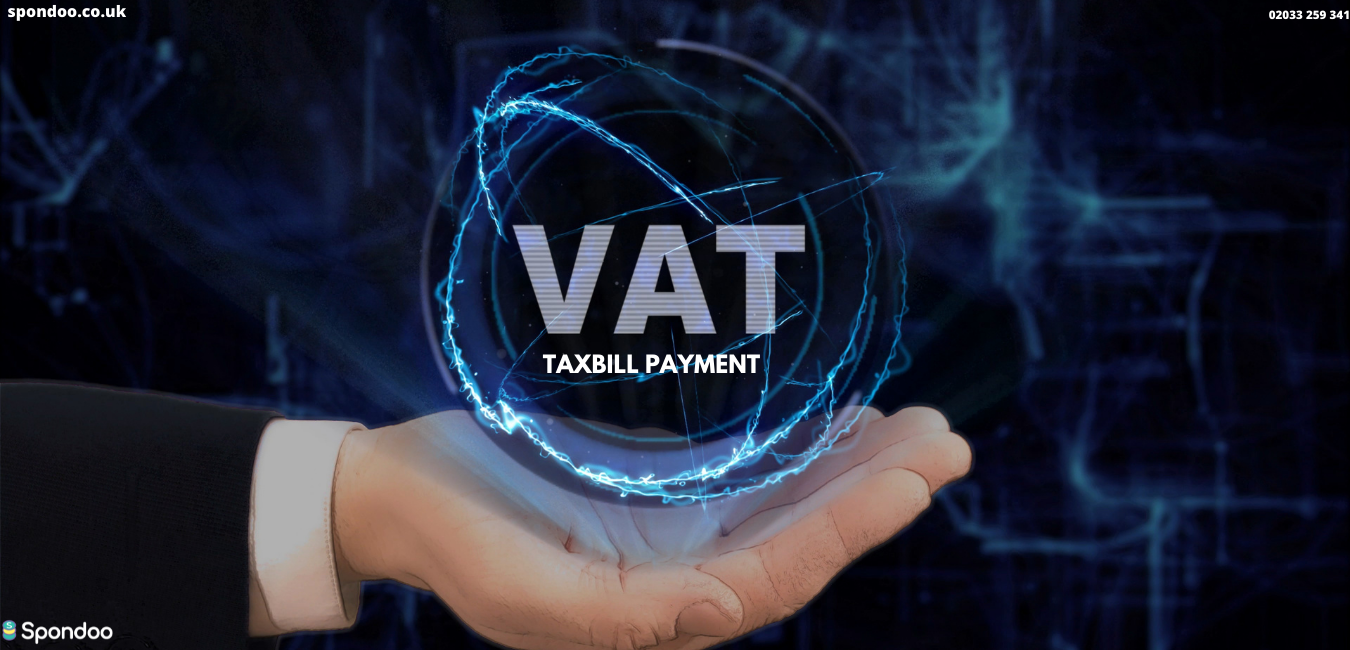
When making payments to HMRC, it is important to factor in the processing time for the payment to reach the HMRC bank account on or before the deadline.
You can make payments via:
You will need your 9-digit VAT registration number to make a payment. You can find your registration number: in your VAT online account or on your VAT registration certificate. Without leaving any spaces between the digits, you can pay your VAT bill using these bank details:
| Sort code | Account number | Account name |
| 08 32 00 | 11963155 | HMRC VAT |
However, overseas payments users should use these details:
| Account number (IBAN) | Bank identifier code (BIC) | Account name |
| GB36BARC20051773152391 | BARCGB22 | HMRC VAT |
To make a payment- sign in your HM Revenue and Customs (HMRC) account, select ‘start a payment’ and then ‘pay by bank account’. Subsequently, you will be directed to sign in to your online or mobile banking account to approve your VAT payment. Remember to have your online banking details ready before you begin to pay.
| Sort code | Account number | Account name |
| 08 32 00 | 11963155 | HMRC VAT |
For overseas payments, use these details:
| Account number (IBAN) | Bank identifier code (BIC) | Account name |
| GB36BARC20051773152391 | BARCGB22 | HMRC VAT |
You can pay by:
For payment to be taken from your bank account in time, you must set up the Direct Debit at least three working days before submitting your online VAT return. Payments will be collected automatically from your bank account Once you have set up the Direct Debit.
You do not need to set up a new Direct Debit if you have signed up for Making Tax Digital and usually pay VAT by Direct Debit.
If you use the Annual Accounting Scheme, you can only set up an automatic Direct Debit online for balancing payments. However, you can set up a Direct Debit for regular payments using form VAT 623.
| Sort code | Account number | Account name |
| 08 32 00 | 11963155 | HMRC VAT |
For overseas payments, use these details:
| Account number (IBAN) | Bank identifier code (BIC) | Account name |
| GB36BARC20051773152391 | BARCGB22 | HMRC VAT |
If you use the Annual Accounting Scheme, you can ask to pay by standing order on your application form. After receiving a letter from HMRC accepting your application, set up a standing order using either: form VAT 622 or via online or telephone banking.
For payments on account, you can set a standing order using either: form VAT 622 or online or telephone banking.
You will need your 9-digit VAT registration number to make a payment by debit or corporate credit card online. If you pay by corporate credit card or corporate debit card, there is a nonrefundable fee collected.
To use this payment method, you must order paying-in slips online or by phone from HMRC. You will need your VAT registration number and company name before calling HMRC to order VAT paying-in slips (Telephone: 03000 519 20). It is good to order early on because they can take up to 6 weeks to arrive.
When they arrive, use the paying-in slips to pay at your bank or building society by cash or cheque. You must write your 9-digit VAT registration number on the back of your cheque and make it payable to ‘HM Revenue and Customs only.’
Your payment must arrive in HMRC's bank account on the last working day before the deadline if it falls on a weekend or bank holiday- unless you pay by Faster Payments.
Feel free to contact Spondoo Accountants for help with all your VAT needs, including Making Tax Digital for VAT.
